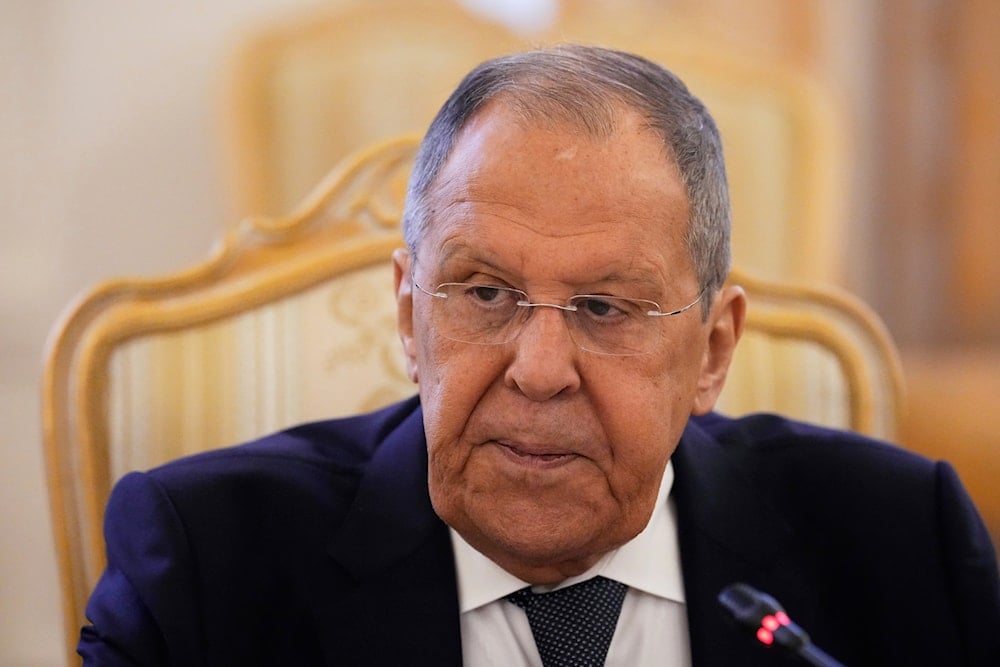Lavrov accuses West of blocking Ukraine ceasefire as disputes persist
Ukraine ceasefire talks remain deadlocked as Russia, the US, and Europe push conflicting visions, while Lavrov accuses the West of obstruction.
-

Russia's Foreign Minister Sergey Lavrov speaks during his meeting with India's Foreign Minister Subrahmanyam Jaishankar at Zinaida Morozova's Mansion in Moscow, Russia, on August 21, 2025. (AP Photo/Alexander Zemlianichenko, Pool)
Efforts to secure a Ukraine ceasefire have intensified in recent weeks but remain at an impasse, as Russia, the United States, and European allies advance conflicting visions of what a peace agreement should entail. Despite a series of high-level meetings, significant disagreements over territorial control, security guarantees, and preconditions for negotiations have left the chances of a breakthrough remote.
On Sunday, Russian Foreign Minister Sergey Lavrov accused Western governments and Ukrainian President Volodymyr Zelensky of deliberately obstructing Ukraine ceasefire talks. Lavrov claimed Western leaders "are just looking for an excuse to prevent negotiations" and criticized Kiev’s demands, such as an immediate summit between Zelensky and Russian President Vladimir Putin, as mechanisms to stall progress. He also dismissed proposals for European-led security guarantees, stating that the presence of foreign troops in Ukraine is "absolutely unacceptable."
Meanwhile, the United States maintains that diplomacy remains the only viable path to a lasting peace. In a statement marking Ukraine’s Independence Day, Secretary of State Marco Rubio reaffirmed Washington’s support for a "negotiated settlement that upholds Ukrainian sovereignty and guarantees its long-term security."
Following his August 15 summit with Putin in Alaska and subsequent meetings with Zelensky and European leaders at the White House, US President Donald Trump shifted from advocating for an immediate ceasefire to endorsing a broader peace framework. US officials say Washington is prepared to contribute to Ukraine's security guarantees but emphasize that European nations should take the lead.
Ukraine remains firm on territorial integrity
Ukraine has categorically rejected the idea of territorial concessions. Zelensky reiterated that Kiev would not abandon its eastern defensive lines or recognize Russian sovereignty over Crimea. Instead, Ukraine is demanding robust "Article 5-like" security guarantees before any potential Zelensky-Putin summit.
European officials largely support this position, with EU foreign policy chief Kaja Kallas warning that territorial compromises would represent "Putin's trap." France and the UK have signaled readiness to deploy troops under an international framework to enforce such guarantees.
Core disputes persist, and Russia insists on recognition of its sovereignty over the Donbas and demands Ukraine renounce NATO membership, while Kiev continues to insist on full sovereignty over all of Ukraine and accountability for alleged war crimes.
The sequence and structure of negotiations also remain in dispute, as Moscow prefers a comprehensive peace deal, whereas Kiev demands an immediate ceasefire as a starting point.

 3 Min Read
3 Min Read











